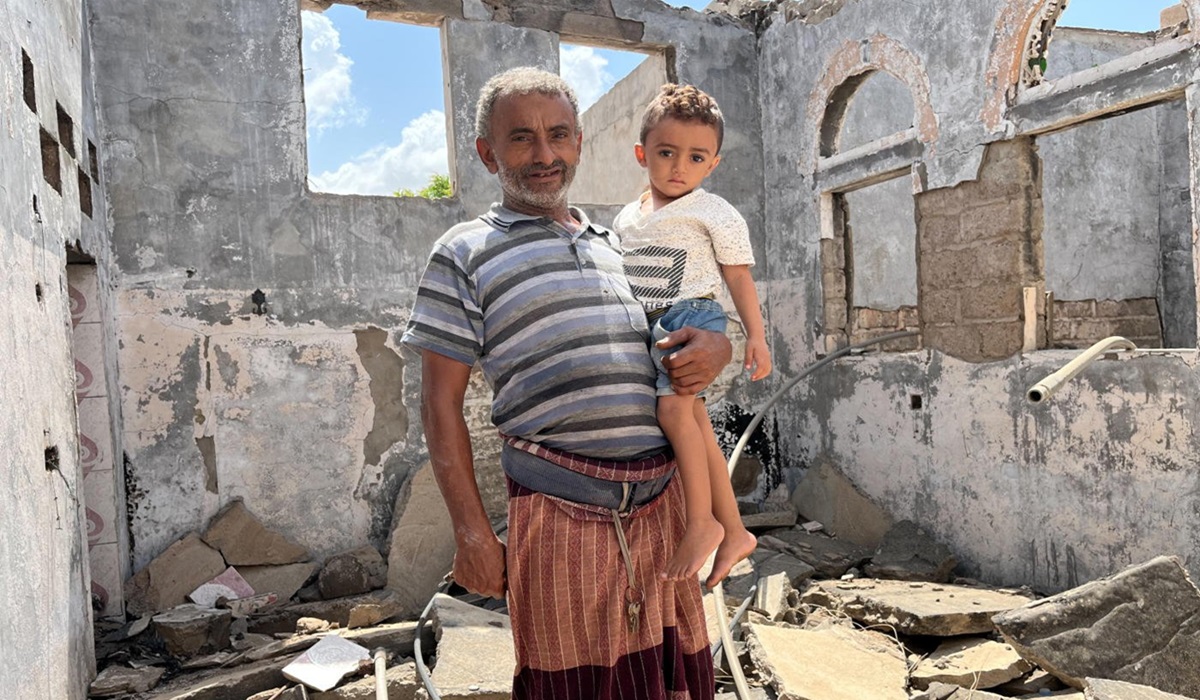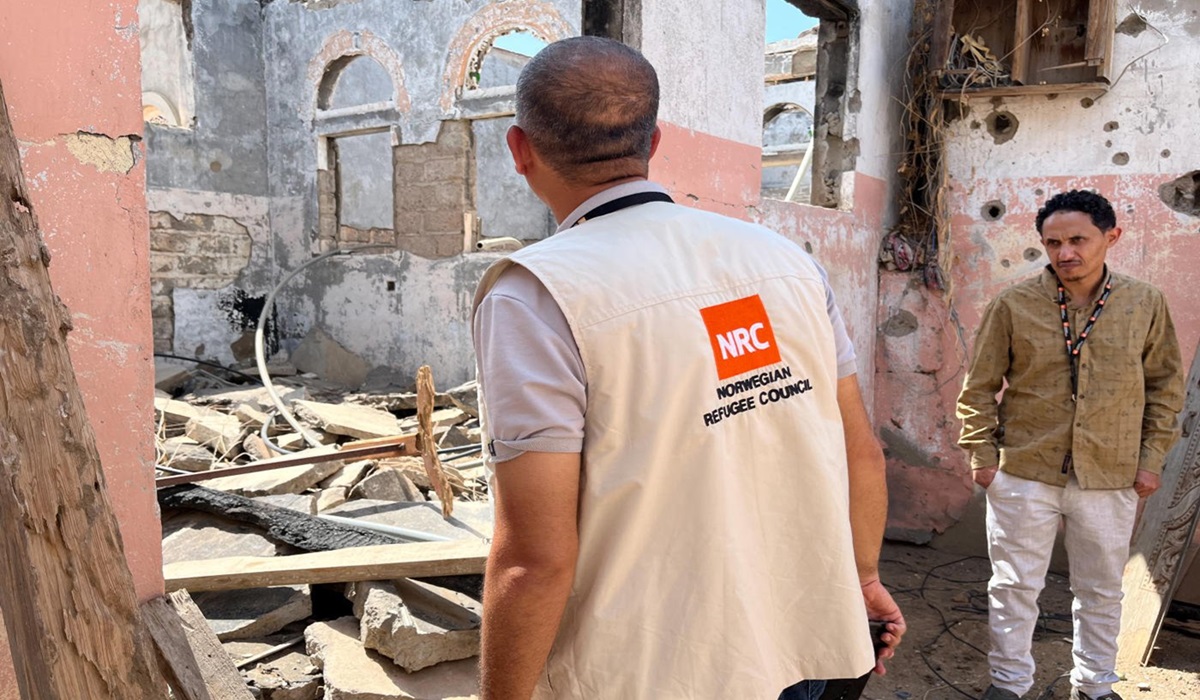Escalation in Yemen Threatens Humanitarian Catastrophe: Urgent Call for Diplomacy
- Naomi Dela Cruz
- Middle East
- Trending
- January 17, 2024

In a joint statement, 26 international aid organizations currently active in Yemen express their deep concerns regarding the recent military escalation. The dire humanitarian crisis, already one of the most severe in the world, is set to worsen, posing significant challenges for vulnerable civilians and aid organizations’ effective functioning.
The urgent plea from the aid organizations emphasizes the crucial need for diplomatic solutions over military interventions to de-escalate the crisis and protect ongoing peace efforts. It stresses the imperative to shield civilians and their infrastructure, ensuring the unimpeded delivery of crucial humanitarian aid. In a broader regional context, the organizations also call for an immediate and lasting ceasefire in Gaza, aiming to preserve lives and prevent further regional instability.
Nearly nine years of relentless conflict have left more than 21 million people without hope, over two-thirds of the population in desperate need of fundamental necessities such as food, water, and life-saving assistance. Widespread displacement, food insecurity, and limited access to basic services have become harsh realities for millions of Yemenis.

The escalating security threat in the Red Sea is already impacting humanitarian efforts, causing trade disruptions that inflate prices and lead to delays in shipping life-saving goods. Following the US/UK strikes on January 12 and 13, 2024, certain humanitarian organizations have been compelled to suspend operations due to safety concerns, while others evaluate their ability to continue their activities.
There is a growing fear that further escalation may force additional organizations to halt their operations in areas of active hostilities. The potential impact on vital infrastructure, including strategic ports, could have far-reaching consequences on the entry of essential goods into a nation heavily reliant on imports. Scarcity and increased costs of basic commodities, including food and fuel, threaten to exacerbate the already dire economic crisis, heighten dependence on aid, and increase protection risks. All parties involved are reminded of their legal obligation to ensure the safe and unimpeded delivery of humanitarian assistance, allowing those in need to access vital aid services.
Despite the formidable challenges of one of the world’s most difficult environments, humanitarian actors in the region remain resolute in their commitment to delivering life-saving assistance to millions of people. However, global funding cuts and suspensions in food aid have already compromised their ability to reach the most vulnerable populations, leading some organizations to scale back their operations significantly.
Political leaders are urged to carefully consider the severe humanitarian implications of military escalation and refrain from actions that may reignite large-scale armed conflicts. The recent escalation underscores the heightened risk of a broader regional and international confrontation that could undermine Yemen’s fragile peace process and long-term recovery. As the realistic threat of war spreads throughout the region, the international community must prioritize diplomatic solutions to avert further catastrophe and protect the lives of those already grappling with the devastating consequences of prolonged conflict.








